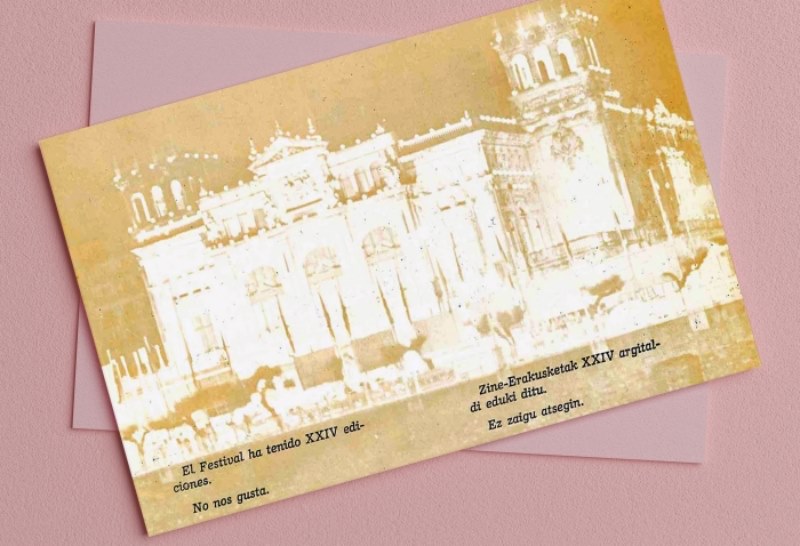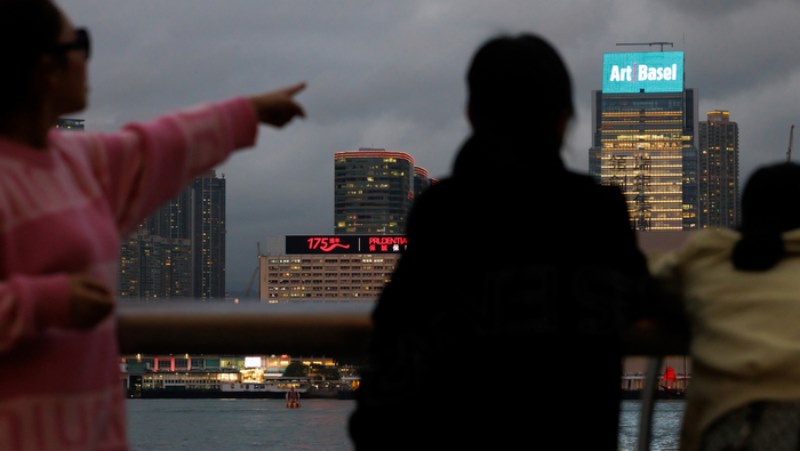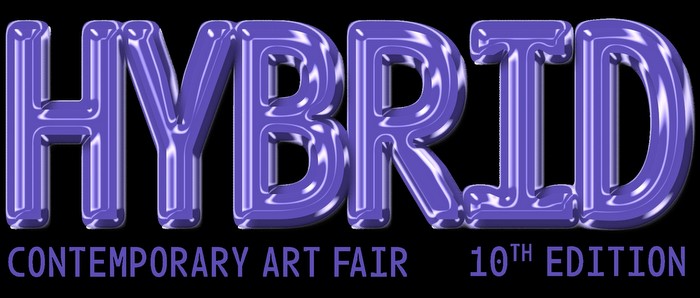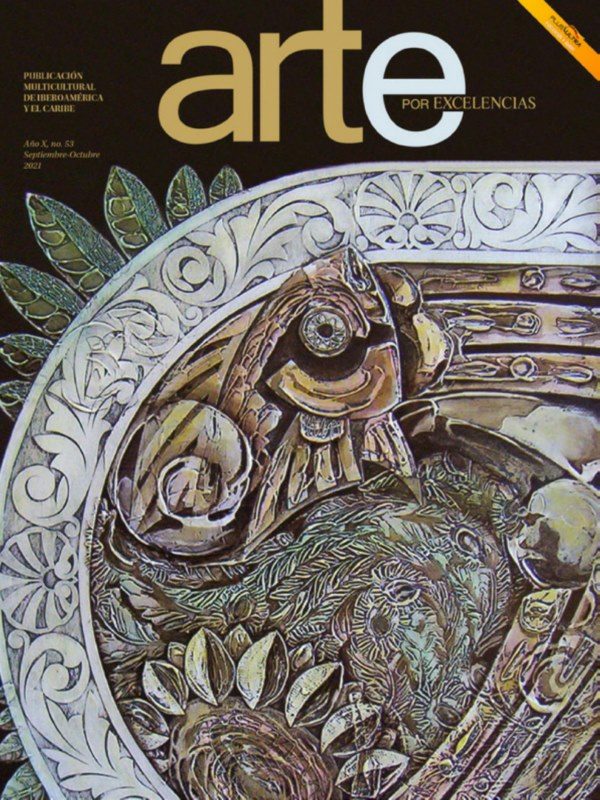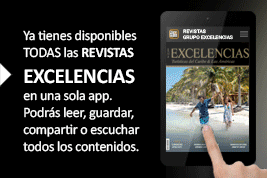The San Sebastian Festival, the Elías Querejeta Zine Eskola (EQZE) and Artium, the Basque Museum-Centre of Contemporary Art in Vitoria-Gasteiz, will present the exhibition entitled The Festival has had 24 editions: We don't like it, running from September 9 until December 8. The show will focus on the San Sebastian Festival of 1977, the first to take place after management of the event was transferred to the city of San Sebastian. The exhibition, which is linked to the Artium Museum Collection show Zeru bat, hamaika bide. Artistic Practices in the Basque Country in the Period 1977-2002, is part of the project Zinemaldia 70: all possible stories, promoted by the Festival and the EQZE.
In the early years of the Transition, the 25th edition represented the starting point of the Festival's transformation, converted into a laboratory for cinematic and political experimentation in a context of intense social unrest. The show will include Festival archive materials, many of them previously unseen, such as letters, documents, photographs and magazines.
As explained by the exhibition curator, Pablo La Parra Pérez, Head of the Research Department at the Elías Querejeta Zine Eskola (EQZE), "in 1977, the San Sebastian Festival turned 25; however, more than an celebration, the 1977 edition was a space of dispute: the first festival managed by the city became a platform of political demands from which to imagine a new democratic festival". "Based on archive footage found in the framework of the research project Zinemaldi: all possible stories,the exhibition focusses on that year of radical change", he adds.
The exhibition takes a deeper look at the public programme which, directed by La Parra and with the same title, ran on December 7, 2019 at Tabakalera, where the North American filmmaker Vivian Ostrovsky and former members of the Donostia Women's Assembly recalled the cycle of films made by women run by the Festival in 1978. There was also a a performative screening by Luis López Carrasco and Raúl Liarte, and a screening of Expediente, an experimental work which won the Golden Shell for Best Short Film in 1977 -a new digital copy of the film made by EQZE will be shown at the exhibition in Vitoria-.
The San Sebastian Festival Archive
This exhibition is a new result of Zinemaldia 70: all possible stories, the project created by the San Sebastian Festival together with the Elías Querejeta Zine Eskola in order to generate a living Festival archive. The first phase of the project, sponsored by the national lottery, Loterías y Apuestas del Estado, in collaboration with Kutxa Fundazioa, will end in 2022, coinciding with the Festival's 70th anniversary.
The Z70 project highlights the importance of the Festival's document collection (letters, photographs, reviews and articles in newspapers and magazines, books, etc.), kept in its archives since 1953. Its main objective is to prompt reflection and discussion on the past, present and future of the Festival, as well as dialogues critical with film creation and contemporary thought.
The project includes the transfer of the complete Festival archive materials to the Tabakalera building, where they are examined, conditioned and catalogued to guarantee their conservation in the Filmoteca Vasca premises. In 2022, the archive will be available for consultation by the public, both in situ and online, in the shape of a selection of digitised contents. Consultation of the collection will include themed spotlights based on the research work developed by a team of EQZE post-graduate students directed by the researcher Pablo La Parra Pérez in collaboration with the different Festival departments.
The research spotlights will highlight aspects of the Festival's history which are little known or have never been seen before. To demonstrate its results until 2022, two simultaneous and connected lines of work will be addressed. On the one hand, specialised research material will be generated (academic articles, conference papers, own editorial projects, seminars, etc.) intended to prompt critical dialogue with the latest developments in the academic field of film studies. On the other, public programmes will be organised (conferences, exhibitions, courses) for wider publics, such as the Artium exhibition, which encompasses various results of the research developed in the 2018-2019 academic year by the EQZE research team.

